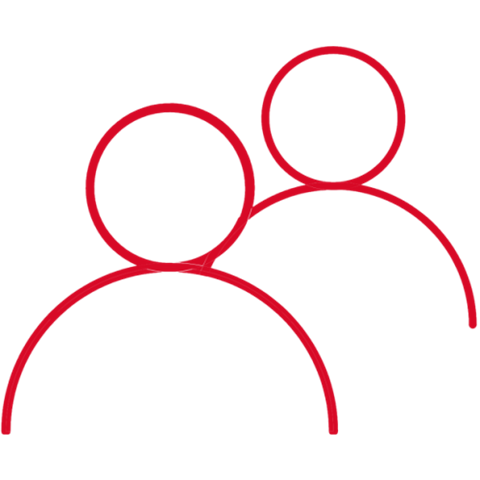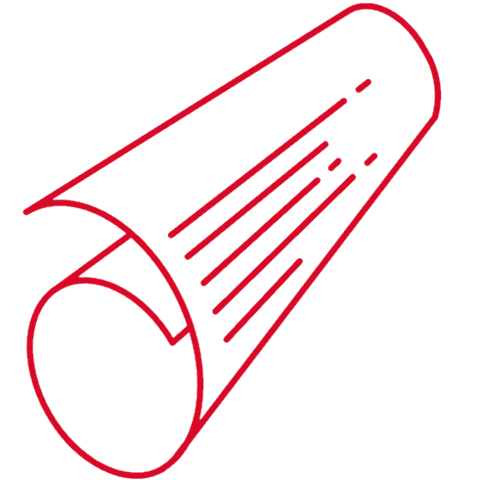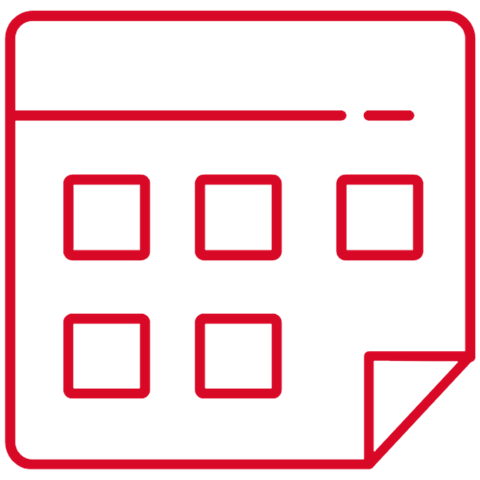Remuneration models are evolving: Masters of transformation – just not of our own?
16 Jul 2024
The agency model is changing. Changing in response to evolving client needs to deliver the north star ‘end to end’ solution, and reviewing the hourly rates model that is squeezing both margin and talent from the industry.
For as long as I can remember, agencies have used the same cost model with some relatively small changes. They have always charged for people and hours – through retainers, project fees or a combination of both - though in the past there was also commission on production costs across all the disciplines.
Media agencies, of course, have always been a little different with largely commission-based models, and they have also had to evolve towards a more transparent approach.
Fundamentally, agencies seek to recover their people costs, their overheads and make a relatively modest margin on top.
As the agency community grew, and competition became more and more fierce, clients became more demanding and, after the expenses scandal of 2009, coupled with the rise of procurement in marketing services, a move towards greater transparency in business generally was promoted and welcomed.
That saw the end of commission for many and a greater scrutiny of the people, hours and mix that made up agency fees, often leading to uncomfortable conversations with clients about overheads and margins. Something that still feels a little strange.
I can recall numerous conversations about whether agencies were managing their overheads well or whether a profit margin of 12% was acceptable as opposed to one of 15%. It sounds faintly ridiculous to even write that. When have you bought anything else, like a car or a meal, and asked to look at the company’s overheads and margin predictions before committing to a price?
The downsides of this low margin model are numerous but most obviously in a service industry like ours, it means that agencies can rarely afford to invest appropriately in their largest asset – the people. And that upskilling and development of people is even more critical now as the pace of change quickens, the complexity of the marketing discipline has evolved so much, and there is an obvious leadership gap across many industries, including ours.
It can begin to feel as though it is increasingly becoming a race to the bottom. So, we appear to be stuck in an old model; one that might not work for much longer if it still works at all, and yet no one can, or maybe even wants to, find a way out.
Certainly, that was one take out from a dinner hosted by AAR for a number of agency CEOs earlier in the spring to discuss this very subject. There was lively debate and discussion around the topic of agency remuneration models, with some enthusiasm for changing things, some creative ideas about how we might do that and even some agencies who are already selling solutions rather services, or outcomes rather than outputs, or working on performance or success-related measures.
The truth is that they are few and far between and often offered on one or two projects as opposed to across the board. Nevertheless, small steps in the right direction.
At the end of the evening, we were left with an overwhelming sense that it was just too hard to effect change, that no one wants to be the first to rock the industry boat, that maybe there was no real appetite for this and that it would just be easier to stay where we are.
But this goes against everything that we stand for or advocate as an industry. So now more than ever, we need a dose of “Physician, heal thyself!”.
I have sat in several meetings in just the past week, where agencies have talked with great enthusiasm and energy about transforming their clients’ businesses. To take just one example, for the automotive industry it is a move away from dealerships to direct to consumer sales. A huge shift and one that they are undaunted by. But turn our attention to ourselves and it becomes a little more challenging.
Consider the seismic changes that AI could bring to how agencies service clients’ businesses in the future and this begins to feel more urgent.
Imagine a world where the agency’s income grows or stays the same, but the workforce has halved. Imagine a world where the two weeks it used to take to trawl through research papers and insights is done in minutes or where ideas (the obvious ones) are produced with a click. The ability to automate tasks, to save time and money will only reinforce the need for agencies to be adding strategic and creative value. This is the opportunity to think again and revisit this pricing straitjacket.
You could argue, and it is a question that we ask of ourselves, that the agency selection process contributes to the very problem. That’s why we at AAR are increasingly having conversations with clients about their whole approach to marketing, not just about pitching. We look at their operating models across people, processes, partners and performance to determine how best to move forwards and sometimes that will result in a selection programme but, increasingly, not always.
The team at AAR understands that change can be challenging, and we know that just by starting the conversation we are one step closer towards making that change. As champions of best practice in the industry we know that we need to and can do more.
We will undertake to engage with the wider industry – client and procurement teams, for instance – to understand their perspectives. We will seek out and champion the early adopters of change and make sure that it is both talked about and shared widely. And we have undertaken to create a resource of different commercial models that we can all start to use and deploy.
It is part of our commitment to the industry to keep evolving, to engage all parties on both sides of the debate, and to make sure that we are fit for a future that will undoubtedly change things beyond all recognition.
About The Author




